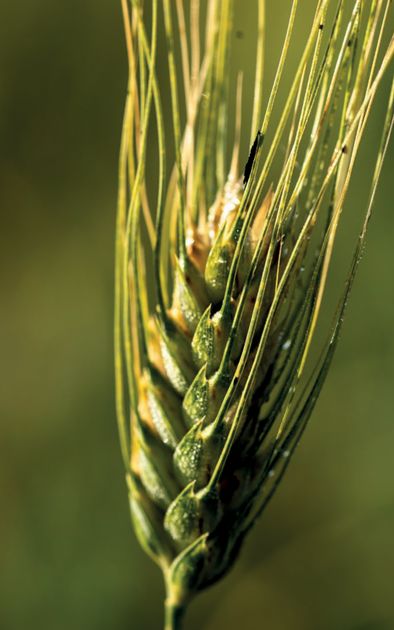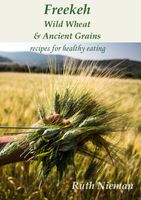Advertisement
Freekeh
Appears in
By Ruth Nieman
Published 2021

Freekeh is not an ancient grain, it is an archaic process for a contemporary staple.
As ancient as the historical and biblical references to it, freekeh, or “parched grain” as it was originally termed, has been a familiar Levantine staple for centuries. The traditional ancient Egyptian culture of harvesting the whole grain from the immature green wheat sheaves has been inherited from generations of farmers since 2300 BCE, and remains an annual agricultural practice in the fields of the Middle East. The early ripened sheaf of wheat was acknowledged as the first offering to the Roman and Greek gods in classical periods of history and as one of the first fruits presented to God by the Israelites in the First Temple of Jerusalem. “If you bring a grain offering of early ripened things to the LORD, you shall bring fresh heads of grain.” (Leviticus 2:13)

